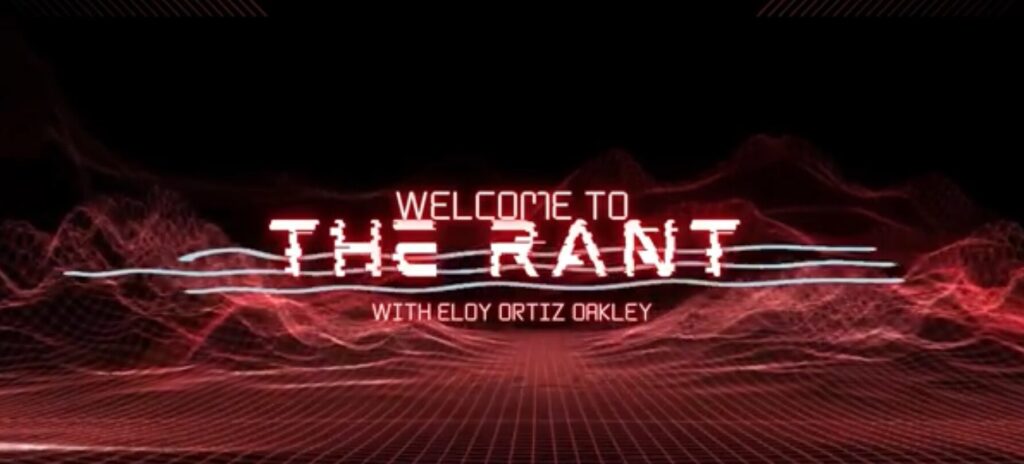One of Calbright’s missions is to bring innovation to the higher education experience in ways that will help non-traditional students reach their goals. That’s why we’re becoming a leader in Competency-Based Education; it’s why we’ve combined new approaches to automation with high touch connections to students; and it’s why we’ve developed approaches designed to make education less stressful without sacrificing high standards.
We’re showing what is possible: our student body is increasing, we have high student satisfaction, and we have persistence rates that are significantly higher than other institutions serving non-traditional students.
A recent article in the Chronicle of Higher Education has given some wonderful new language to the kind of work Calbright is trying to do. It quotes Kevin Gannon, director of the Grand View University teaching center, as saying that there is a difference between “intellectual” rigor, and “logistical” rigor.
“Intellectual” rigor is about what you learn in the class. Are students challenged? Are the standards high? Are students learning something that matters?
“Logistical” rigor is about how hard it is to use the systems in a college. How hard is it to apply? How tough are class deadlines? How strict is the attendance policy?
From this perspective, Calbright’s approach to education is crystal clear: we are developing ways to offer intellectually rigorous courses, while reducing logistical rigor as much as possible.
Industry Centered Standards Mean High Standards
Calbright keeps its standards high by tying them directly to valued industry standards: we assess the standards that respected tech leaders set for themselves.
For IT Support, that means preparing students to pass the CompTIA A+ certification: an industry standard respected by companies and valued by hiring managers.
For Cybersecurity, that means preparing students to pass the CompTIA Security+ certification: one of the most valued credentials in the industry.
For CRM Platform Administration, that means preparing students to pass the Salesforce Administrator exam: the qualifying exam maintained by the software leader in the field.
According to Shannon McCarty, Calbright’s Vice President of Learning and Instruction, Calbright keeps its standards high, insisting on intellectual rigor, by aligning our coursework with industry standards: we teach our students what hiring managers need them to know, and preparing them for the jobs they’re applying for. “The connection to our Industry Advisory Councils is crucial to our success,” she said. “We also lean into certifications that are respected by hiring managers.”
But the way Calbright teaches, and the way our systems work, put students at the center of everything.
A Student Focus Means Saying Yes
While Calbright insists on intellectual rigor, we do everything we can to eliminate logistical rigor – and we do it by putting the student at the center of every college process. Far from making it harder for students the way elite colleges do, we constantly ask ourselves how we can say “yes” to what students need.
Our admissions process is as simple as we can make it: we accept any adult Californian with a high school diploma or equivalent. If that’s you, and you want to study at Calbright, you’ll be admitted. It’s that simple. Apply whenever you like.
Calbright is a free, online, community college, so there’s no financial aid forms to fill out or student loans to take on. We don’t need your credit card number.
Each student has multiple teams looking after them personally—faculty, academic tutors, success coaches, and more—and they can reach each member of their team in whatever way is most convenient for them. Slack? Text? Email? Phone call? We do all of it. And a team member is always available when students need them, whether that’s during business hours, after hours, or on weekends.
Our online Competency-Based Education model means that students can take their classes whenever they want to – whether that’s first thing in the morning, last thing at night, or during their breaks at work. They can take their classes wherever they are, and we’ll even lend them a laptop and wireless hotspot if they need internet access.
Our student support team works out a plan with each student that is designed for their needs – they can move as fast as they are able while taking the time they need.
“We know students have busy lives and competing priorities, so instead of enforcing arbitrary terms or timelines, we let students identify a timeline that works for them,” said McCarty.
Wherever there is bureaucratic red tape or an administrative hassle or a hidden curriculum, Calbright works to eliminate it.
We keep our standards high through intellectual rigor, while reducing logistical rigor so that it’s easy for our students to learn their way.
It’s a great way to describe what makes Calbright different.



